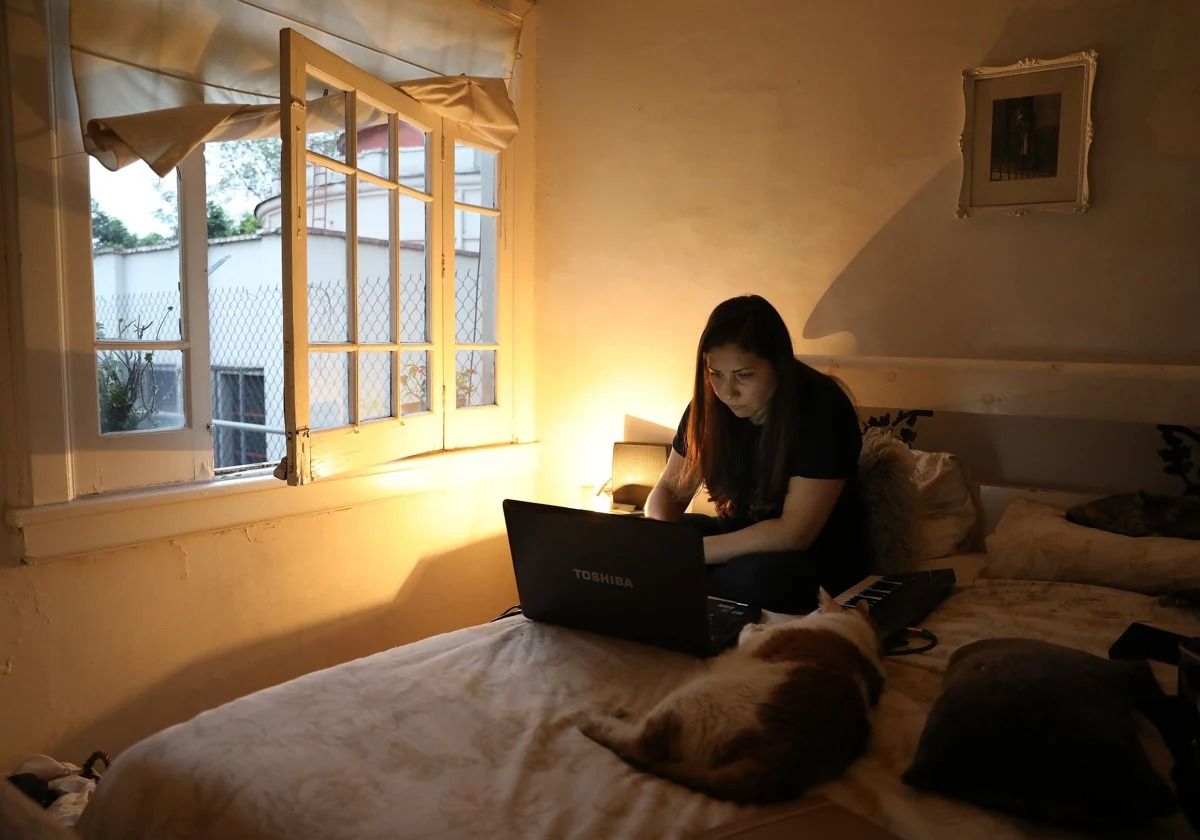Four in ten teenagers in Spain have suffered mental health problems
One third of adolescents remain silent, half do not seek help and 40% feel they cannot rely on the support offered by their school counsellor, according to a Unicef study
Alfonso Torices
Madrid
Friday, 1 November 2024, 12:04
Spain is facing a significant mental health crisis among young people. Since the end of the pandemic, doctors and psychologists have been expressing concerns about the rising levels of anxiety, depression and other mental health issues they are observing in their patients. The latest worrying statistic comes from Unicef, which reveals that one in four young people aged 13 to 18 reports having experienced a psychological disorder in the past year.
Researchers explain that issues can range from general discomfort, low self-esteem and stress to more serious conditions such as anxiety, depression, self-harm and eating disorders.
While the report indicates that adolescents are becoming more open about their mental health and that stigma is decreasing, nearly 40% still choose to remain silent and half do not seek help. The primary reason for this is not wanting their families to find out. Another significant reason is that they are uncertain about whom to approach for support and, alarmingly, four in ten do not turn to their school's wellbeing coordinator or counsellor, believing that the chances of receiving effective help are very low.
No confidence
Young people have little confidence in school counsellors, perceiving them as overwhelmed by administrative duties and lacking the time and training for meaningful interactions. "What we need is a friendly, approachable counsellor who inspires trust, but they simply don't exist," said Alae, a student from Madrid. Key risk factors for adolescents include bullying, drug use and family issues, with a third also feeling pressured by social media stereotypes. Nevertheless, Spanish teenagers are increasingly overcoming prejudices about mental health as eight in ten have no problem befriending someone who needs to see a psychiatrist or psychologist.
Spanish children identify various risk factors for mental health issues, including low self-esteem, alcohol and drug use, illness and economic difficulties. Protective factors include healthy sleep and eating habits, regular exercise and supportive relationships with parents and friends.
The impact of social media and the internet is mixed. Whilst these platforms can help adolescents access information to understand and normalise mental health issues, they can also worsen them, particularly for girls, who feel pressured by idealised portrayals of influencers online. Unicef recommends improving early detection and prevention in schools and health centres.
